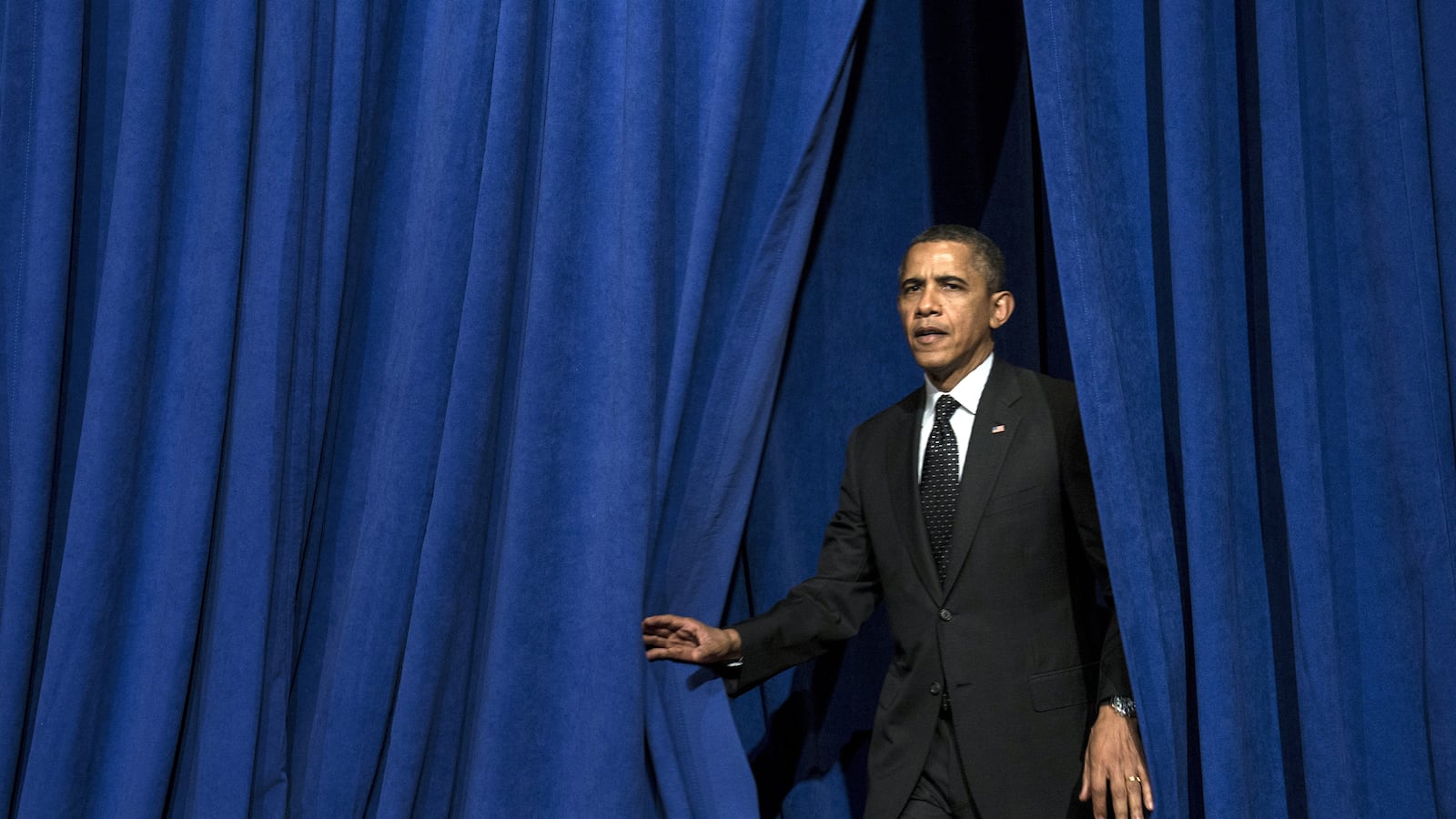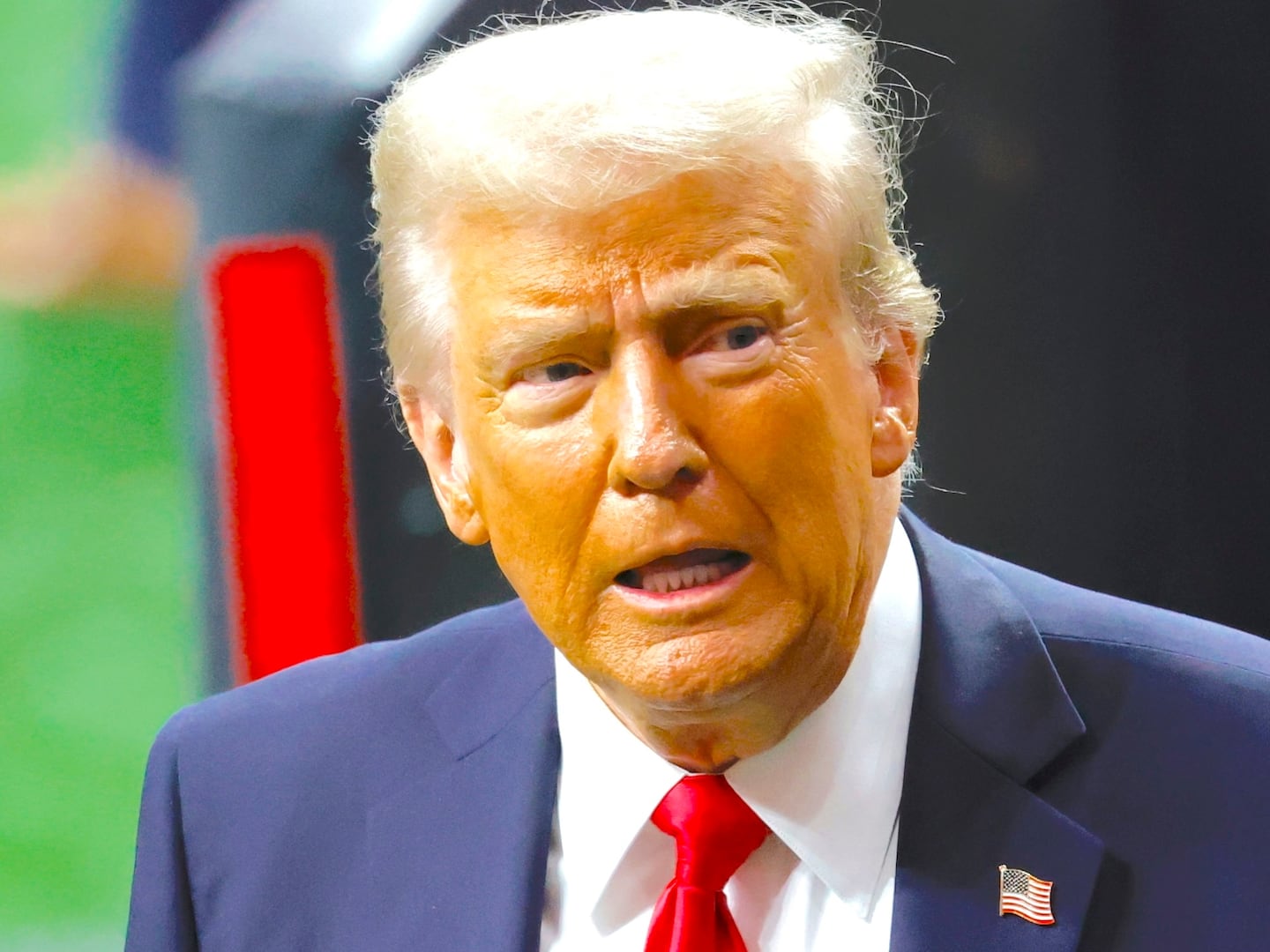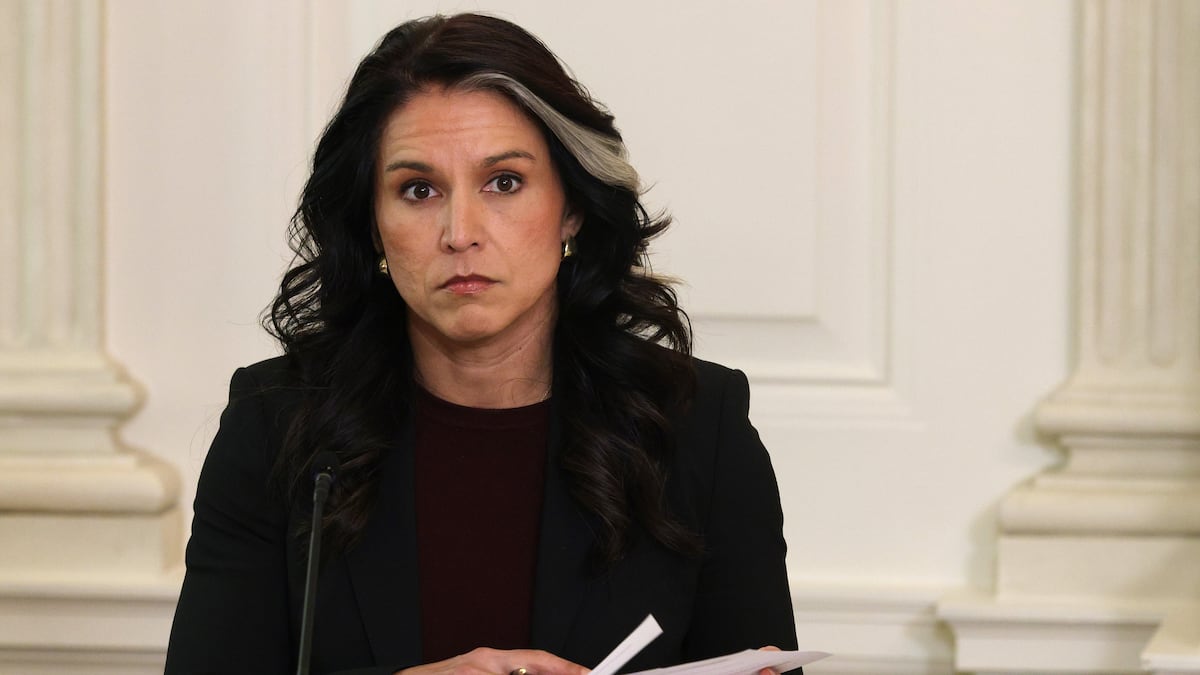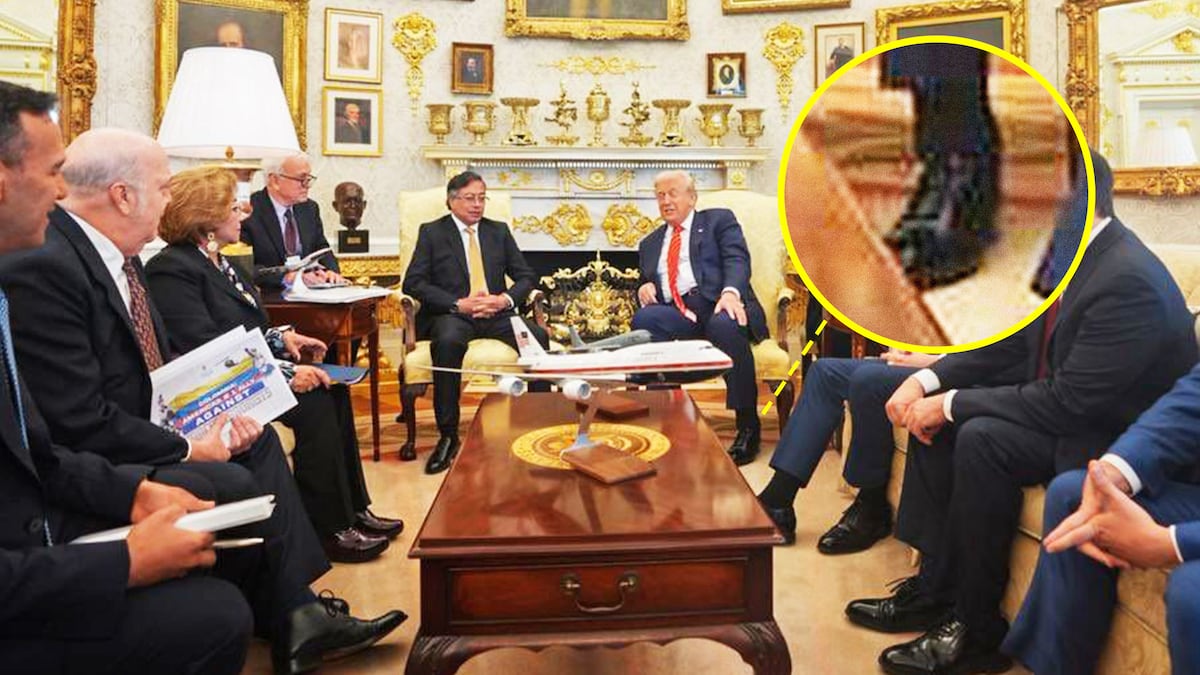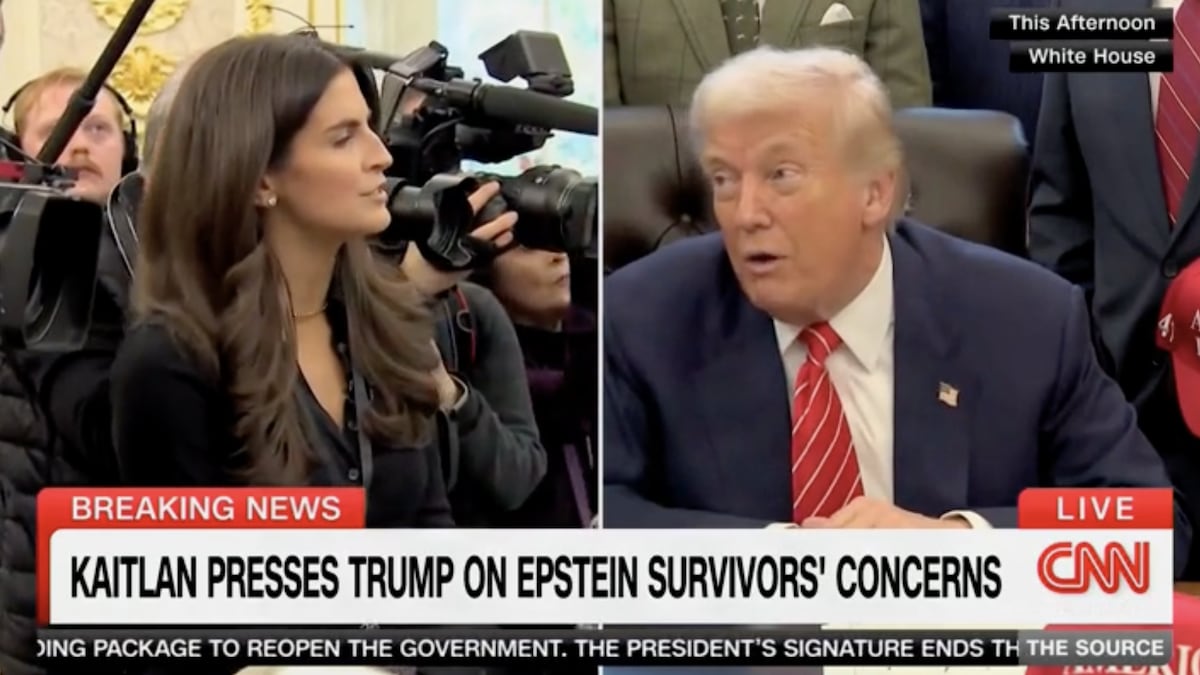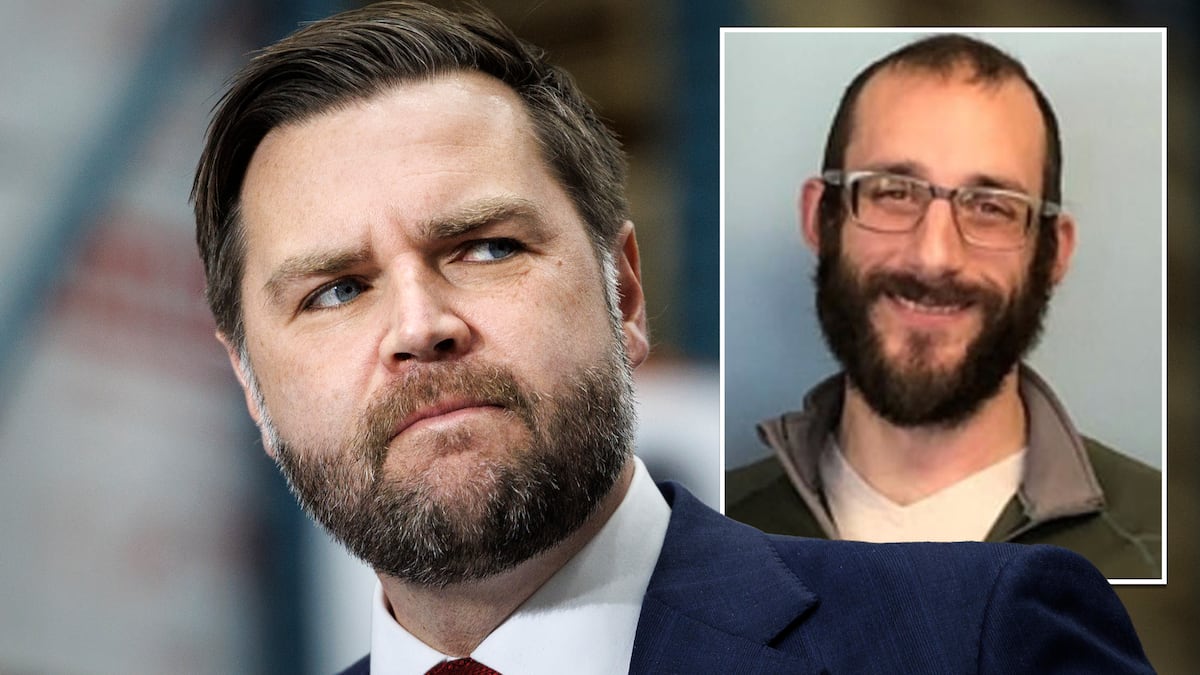At John Brennan’s CIA confirmation hearing last week, which came right after the leak of the controversial Justice Department memo about the targeting of U.S. citizens, Sen. Dianne Feinstein said that the Senate was reviewing proposals for special courts to oversee the program. At least that way, this awesome power to determine that a U.S. citizen had forfeited his right to due process by joining an enemy army wouldn’t repose in one person. Then on Saturday, The New York Times noted that President Obama has been considering exactly this move. This provides a good occasion, then, to reflect on a difference between Obama and his predecessor—Obama has certainly continued and maybe even expanded some dreadful Bush-era practices on wiretapping, but at least he’s apparently willing to relinquish some executive power. And that serves as a reminder that while we always have to be on guard against abuse of executive power, it’s also the case that some presidents are less creepy than others, and that in the post-9/11 era, we don’t have much choice but to live with a lot of ambiguity in these matters.

The Times article cites a number of senators—Feinstein, Ron Wyden, Saxby Chambliss, freshman Angus King—expressing their concern about the fact “that a president can use secret evidence to label a citizen a terrorist and order his execution without a trial or judge’s ruling.” For several paragraphs, you’re reading this piece thinking that it’s a building congressional hue and cry that will force the Obama administration to submit to judicial reviews of the targeting of citizens.
But then you get to this sentence: “An administration official who spoke of the White House deliberations on the condition of anonymity said President Obama had asked his security and legal advisers a year ago ‘to see how you could have an independent review’ of planned strikes. ‘That includes possible judicial review.’”
Now, let me acknowledge the obvious, which is that the Obama administration hasn’t implemented this review. The leak of this memo to Mike Isikoff of NBC may indeed have been made by someone frustrated that the process wasn’t moving fast enough. Carrying this change through is going to require legislation, and then these courts will need to be set up. Equally obviously, a secret court of the type envisioned is not going to satisfy civil libertarians, not only because it’s secret, but because the target would presumably have no representation at hearings.
But it would address a major concern—that the president alone shouldn’t have such power. I’m not saying that Obama deserves ... oh, the Nobel Peace Prize (!) for initiating such a process, if indeed it comes to pass. But it’s worth noting anyway. I don’t know many presidents who would willingly see their own power be subject to more scrutiny. Can you imagine George W. Bush turning to Alberto Gonzales and saying, “Fredo, I’ve been thinking, I have too much executive power. Howzabout we get some judges to review some of my decisions?” And on the off chance there was such a moment of presidential weakness, Dick Cheney was there to cut any such nonsense short.
Possibly the worst thing Obama has done as president is his flip-flop in support of the Foreign Intelligence Surveillance Act amendments of 2008, which permit a broad range of foreign and domestic wiretapping and which he extended last December until 2017. No one who cares anything about the Bill of Rights can feel entirely comfortable with an executive branch that has the power to engage in warrantless wiretapping on such a broad scale.
But it’s going to be a fact of life for a while in this country that presidents are going to have this kind of power. The public generally supports such power, according to polls I’ve seen. One poll last year even showed a plurality supporting the use of domestic-surveillance drones by local police departments. (Imagine one of those in Joe Arpaio’s hands.) It’s also going to be a presidential game of chicken: what president is going to be the first to give up broad powers of domestic surveillance, knowing that if she or he does so and there is a domestic terrorist attack, the opposition party (especially if it’s the Republicans) will rush to connect the dots even if there is no real connection?
Given all this, the best that citizens can do is decide which candidate and party they’d rather trust with this power. I’m not turning somersaults at the idea of any president having it. But you better believe I’d rather have Obama possess it than George Bush or John McCain or Mitt Romney. Talk of this sort is the highest form of apostasy to your purer civil libertarians, who urge us to think only in terms of the office. But men (and hopefully soon women) hold that office, and it’s not just OK for citizens to assess their character and their levels of paranoia, it’s a duty.
I hope Obama and his people follow through on this idea of setting up these courts. More broadly, it’s now incumbent upon Obama, after the leak of this document and the hubbub that’s ensued, to outline to the American people just where he draws these lines. The State of the Union address arrives on Tuesday; that would be a timely, and appropriate, place to start.

